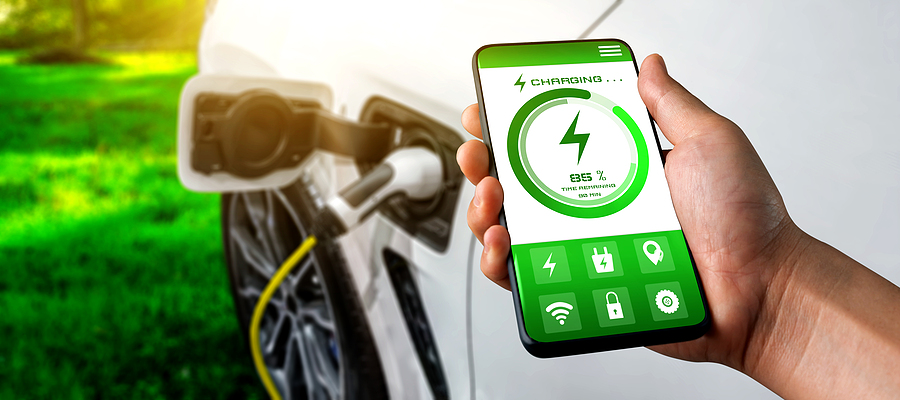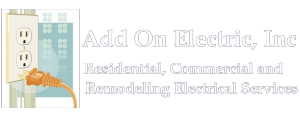Pluses and Minuses of Home Charging EVs

The popularity of EVs increase along with time. As a result, most people wonder whether they should spend their money to buy one. When you own an EV, you will have to charge it. You may do it at your home, at a public charging station, or even at your workplace. Out of these options, home charging is the most popular, as it is convenient and cost-effective. Let’s deep dive and learn more about the pros and cons of home charging EVs.
Benefit: Convenience
Convenience is one of the key benefits of home charging. When an EV owner plugs in their car for the night or any other time they’re not using it, the battery is completely charged when they wake up. This removes the need for them to deliberately search for a charging station or arrange their travel plans to pass by areas that provide charging. Furthermore, drivers may arrange their charging schedule using a home charger to benefit from less power costs during off-peak hours.
Drawback: Upfront Expenses to Get a Charger
The initial expenses are one of the primary disadvantages of home charging. An EV may be charged using a regular household outlet, but a specialized home charging station offers quicker and more efficient charging. For other individuals, however, the expense of buying and installing a home charger may be a deterrent. The kind of charger and installation restrictions affect the price, which varies, although it is not unusual for the total to reach $1,000.
Benefit: Cost Effective
Even while a home charger might be expensive initially, there are long-term financial benefits. Using public charging stations is usually much more expensive than charging an EV at home. In fact, charging at home may result in a 50% reduced cost per kilowatt-hour (kWh). Over the course of the car’s life, this may save a lot of money. Furthermore, several electric companies provide EV users with exclusive rates that further reduce the cost of home charging.
Drawback: Range Anxiety
Range anxiety, or the worry of running out of energy before arriving at their destination, is one of the main worries for many electric vehicle drivers. Certain drivers may still be concerned about their vehicle’s range, even though home charging may allay this issue by giving their car a full charge every day. EVs take more preparation and consideration than gas-powered cars, which can be refueled at any gas station in a matter of minutes. Some drivers may find public charging stations more convenient than depending entirely on home charging since they feel more at ease using them.
Benefit: Environmentally Friendly
The advantages to the environment of home charging EVs are another significant benefit. Even after taking into consideration the pollutants produced during the production of energy, EVs still emit much less pollution than gas-powered cars. EV users may contribute to the fight against climate change and lessen their carbon footprint by charging their cars at home. Furthermore, EV users may reap even bigger environmental rewards by powering their home charger with renewable energy sources like solar panels.
Drawback: Limited Range
Even though EVs’ range is increasing year, many models are still less than that of gas-powered cars. Drivers who regularly travel long distances or who don’t have access to charging stations along their usual routes may find this to be concerning. Even while home charging may increase an EV’s range, some drivers might find it insufficient. To make sure they don’t run out of power in these situations, drivers could have to depend on public charging stations or carefully plan their itineraries.
Benefit: Flexible
Lastly, home charging gives EV owners freedom. Drivers may charge their cars whenever it’s convenient for them and don’t have to worry about public charging stations being available when they have a home charger. Furthermore, EV users may “top off” their batteries at home instead of waiting until they are nearly completely depleted in order to recharge. This may guarantee that the car is always prepared for the next journey and cut down on charging times.
Drawback: Accessibility issues
Even while many EV owners find home charging convenient, not everyone may have access to it. Living in an apartment, condo, or other multi-unit structure might prevent you from installing a home charger or giving you access to a designated parking spot. Furthermore, it’s possible that some households lack the electrical infrastructure required to operate a home charger. EV owners could therefore have to depend on workplace charging or public charging facilities in these situations.
Final words
In conclusion, there are benefits and drawbacks to home charging electric cars. It has advantages for the environment, economy, and convenience, but it also has upfront fees and may not be available to everyone. In the end, everyone’s requirements and circumstances will determine whether or not to home charge an EV. While some people may feel that public charging stations provide more flexibility and accessibility, others may find that installing a home charger is the ideal choice if convenience is their top priority. Whichever option is selected, it is evident that EVs are a practical and well-liked substitute for gas-powered cars, and home charging is a crucial component of the puzzle.
